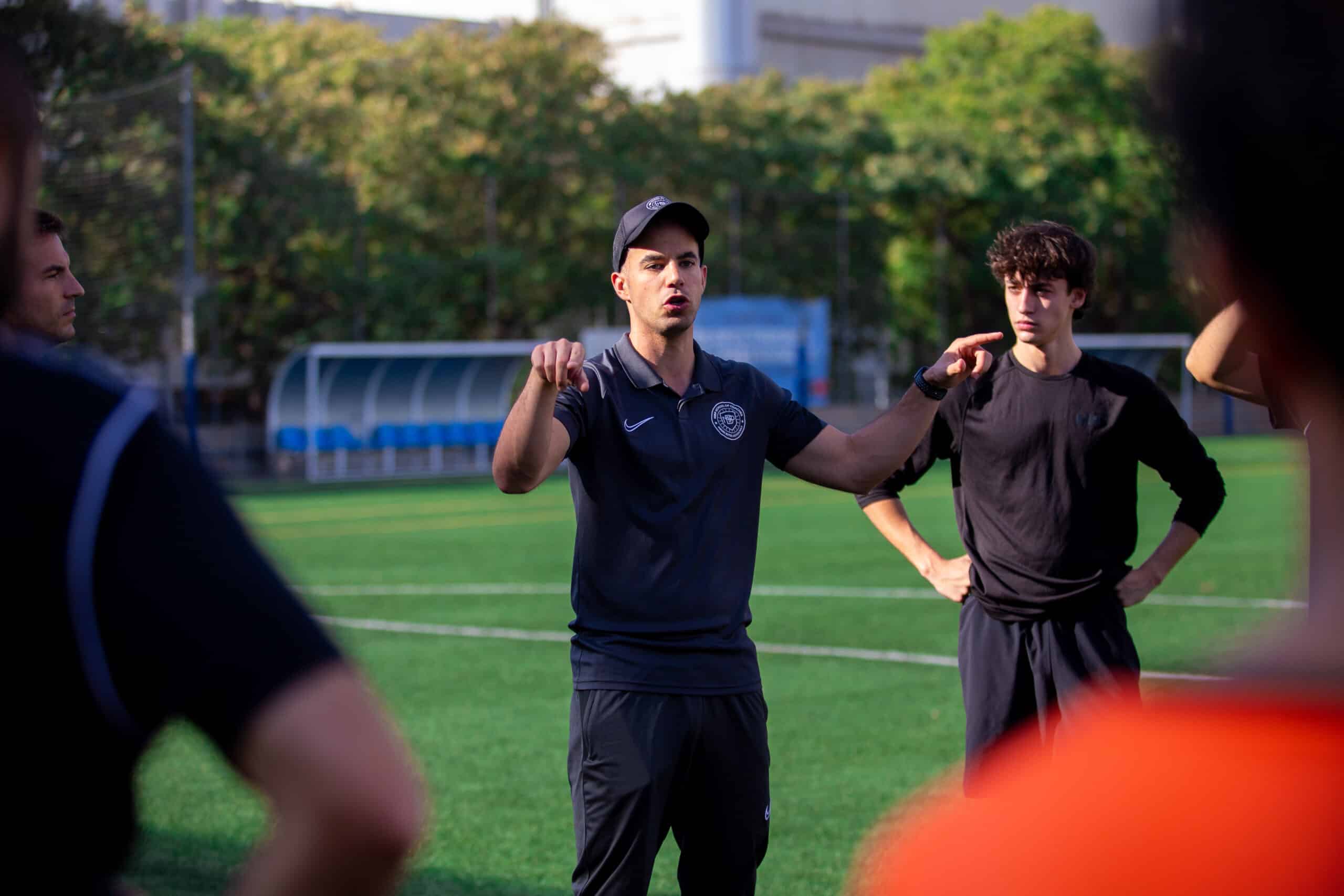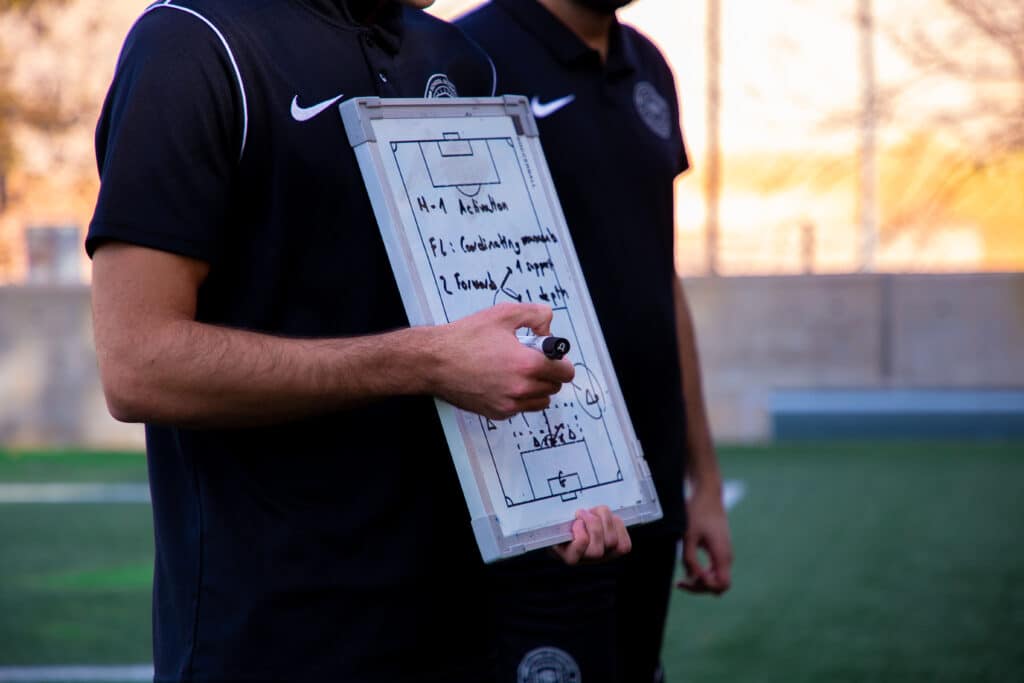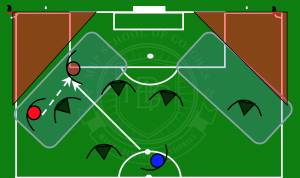The assessment, a pillar in the educational field, has been consolidated as an essential tool in the selection and control of learners, transcending its pedagogical origin to be applied also in disciplines such as football.
When evaluation is taken to the sporting sphere, specific questions arise – why evaluate? why evaluate? what to evaluate? when and how to do it effectively?
In this article, we will explore the complex world of assessment in youth football, highlighting its vital role in the holistic development of players.
What is assessment in youth football?
Assessing in football is not just about giving grades, but is akin to a detailed report on a player’s progress. Each match and practice are chapters in the book of a player’s learning, and evaluation is the tool that reviews and guides how to improve.
Moreover, evaluation is valuable when it is tailored to the needs of the participants and developed in an appropriate format and context.
Why is it important?
In football, assessment goes beyond measuring technical skills. González-Víllora and Costa (2015) highlight its relevance for improving sport learning processes.
Formative assessment allows young players to self-regulate their learning and apply it in real game situations. The modern perspective emphasises the inseparability of technique and tactics, basing the quality of training on the understanding and integral development of these skills.
What aspects are assessed?
Assessment is not limited to technical execution – it is also crucial to understand when to use skills. In football, not only technical skills are assessed, but also the player’s ability to read the game, make decisions and adapt to various situations.
When and how is the assessment carried out?
Unlike an exam at the end of the school year, assessment in football occurs throughout the season. Not only in training, but also in matches.
Evaluation should not be complicated; it goes beyond statistics such as goals scored, seeking to understand the individual and collective development of the players.
Rather than just looking at statistics, such as goals scored, it is about looking at the bigger picture: how are the players developing as individuals and as a team; are they understanding and applying what they are learning on the pitch?
By answering these questions, we can improve the way we teach and, at the same time, make the game more fun and effective for young players.
Conclusion
In summary, assessment in youth football acts as a GPS for player development, providing an understanding of the current position, the future direction and the best way to get there.








